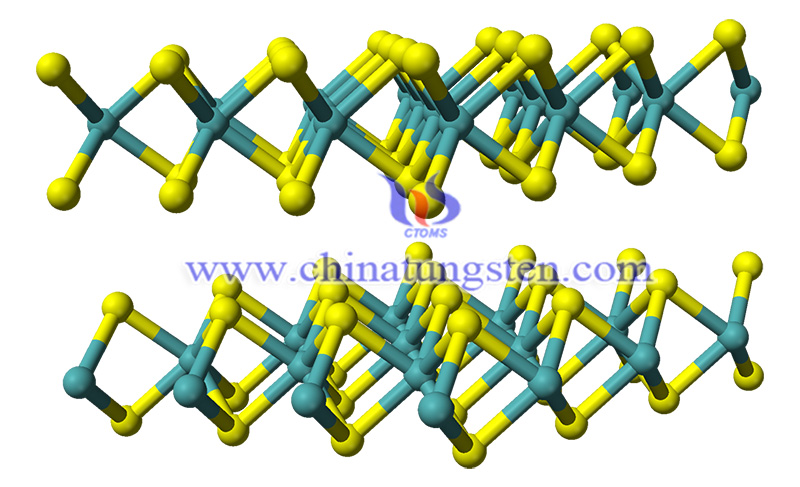Tungsten Molybdenum Sulfide Improves Chips Performance
- Details
- Category: Tungsten's News
- Published on Friday, 21 May 2021 15:54
A new study published in Nature Communications by scientists from Pennsylvania State University in the US reveals the newly fabricated ultra-thin two-dimensional material transistor-tungsten molybdenum sulfide, which would largely improve the performance of future chips.

Living in a data-driven internet world, the challenge we must face is the ability of big data to store and process. Transistors are an important part of the field of integrated circuits. According to Moore's Law, the number of transistors that can be accommodated on an integrated circuit will double approximately every 18 months. This also means that the improvement of semiconductor materials is crucial to the improvement of the performance of chips.
Although the three-dimensional silicon material currently used has a history of about 60 years for making transistors, its size is large and difficult to meet current and future needs. Therefore, scientists are actively exploring new technologies and new materials, and it comes out that the two-dimensional materials own inherent advantages, and their thickness can be 10 times thinner than the currently practical three-dimensional silicon materials.

Researchers have prepared 2D single-layer molybdenum disulfide and tungsten disulfide semiconductor materials by using metal organic chemical vapor deposition technology, which can be used to make new types of transistors. In order to verify the performance of the new two-dimensional transistor, scientists analyzed statistical indicators related to the threshold voltage, sub-threshold slope, and maximum to minimum current ratio, etc.
After a series of tests, the feasibility of the new transistor was confirmed, which means that the new transistor can not only make the next-generation chip faster and more energy-efficient, but also be able to withstand more data storage and processing.

It is understood that TSMC's 5nm process technology of chips using tungsten molybdenum sulfide has been mass-produced, while the 3nm process technology will be trial-produced this year and mass-produced in 2022. In addition, it is reported that the company has developed a 2nm process technology and will start production in the first half of 2023, and will start mass production in 2024. If the ultra-thin 2D material transistors enter the application stage, then the 1nm process technology would be coming soon.
- Tungsten Manufacturer & Supplier, Chinatungsten Online: www.chinatungsten.com
- Tungsten News & Prices of China Tungsten Industry Association: www.ctia.com.cn
- Molybdenum News & Price: news.molybdenum.com.cn
- Tel.: 86 592 5129696; Fax: 86 592 5129797; Email: sales@chinatungsten.com



 sales@chinatungsten.com
sales@chinatungsten.com